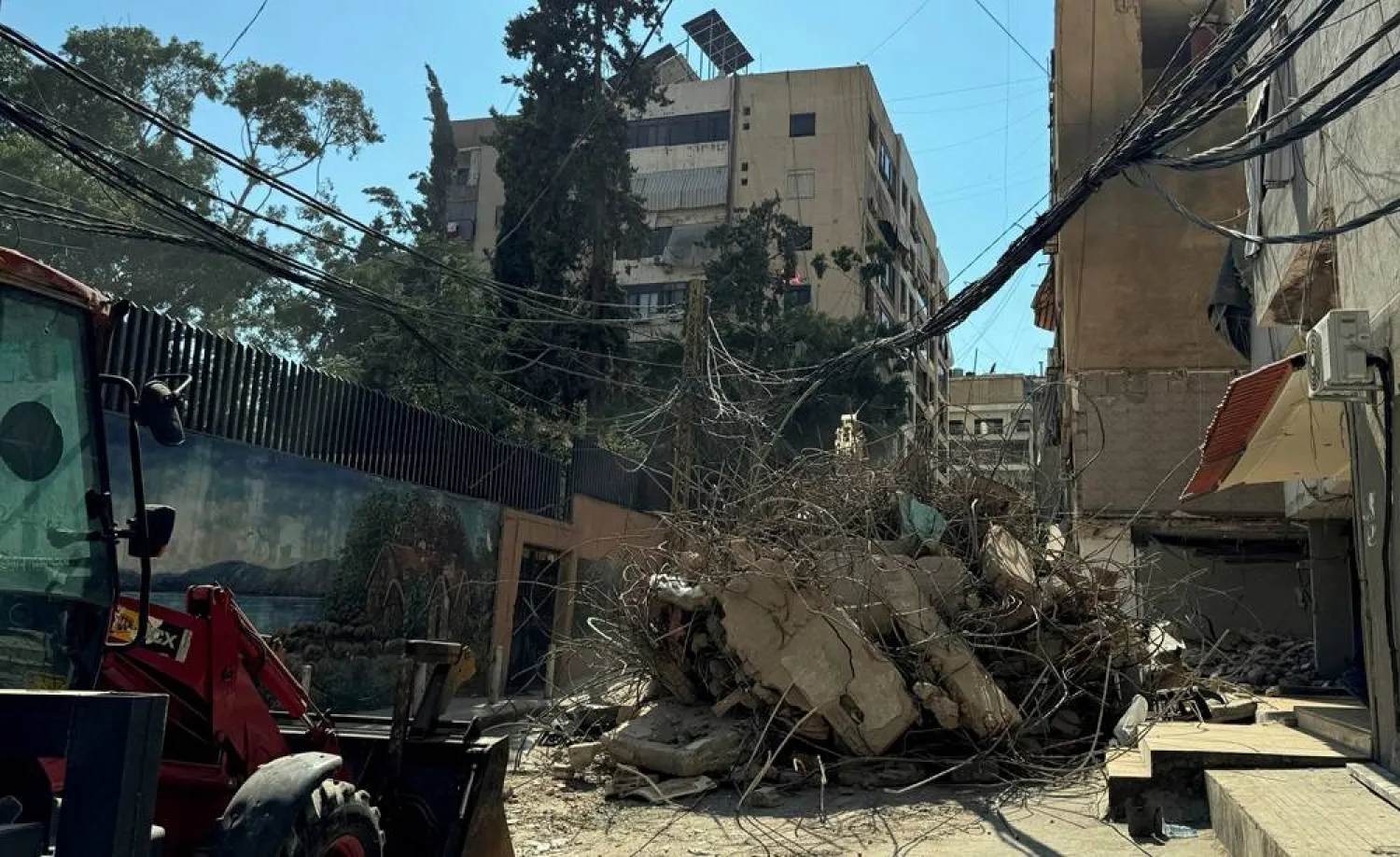The Lebanese armed group Hezbollah confirmed Wednesday that Israel killed a top commander after a rare strike in Beirut.
The Iran-backed group said earlier that Fouad Shukur was in the building during the attack on Tuesday, and they were searching for him in the rubble to determine his fate.
Hezbollah’s announcement came after an overnight strike in Tehran that killed Hamas leader Ismail Haniyeh, which Hamas and Iran blamed on Israel.
Israel said late Tuesday that it had killed Shukur, who it said was behind the weekend rocket attack in the Israeli-occupied Golan Heights that killed 12 youths. The United States also blames Shukur for staging and planning a bombing of a Marine Corps barrack in Lebanon in 1983 that killed 241 American service members.
The Lebanese Health Ministry said at least five civilians — two children and three women — died in the strike in the southern Beirut suburbs, known as Dahieh – a Hezbollah stronghold.
Israel and Hezbollah have exchanged fire since Oct. 8, a day after Hamas attacked southern Israel and sparked the Israel-Hamas war in Gaza.
Though Hezbollah issued a rare denial of involvement in the rocket attack Saturday in the town of Majdal Shams, Israel holds the group responsible. "Hezbollah crossed a red line," Israeli Defense Minister Yoav Gallant posted on the platform X shortly after Tuesday's strike.
The two sides have exchanged near-daily strikes for the past 10 months against the backdrop of the war in Gaza, but they have previously kept the conflict at a low level that was unlikely to escalate into full-on war.
Lebanon's public health ministry said Tuesday's strike in a southern suburb of Beirut wounded 74 people, some of them seriously. The wounded were taken to nearby hospitals. Bahman Hospital near the site of the blast called for blood donations.
Lebanon’s state-run National News Agency reported that the strike was carried out with a drone that launched three rockets.
"The Israeli enemy has committed a great stupid act in size, timing and circumstances by targeting an entirely civilian area," Hezbollah official Ali Ammar told Al-Manar TV. "The Israeli enemy will pay a price for this sooner or later."
Lebanese caretaker Prime Minister Najib Mikati condemned the Israeli attack, saying it hit a few meters from one of the largest hospitals in the capital.
The office of Israeli Prime Minister Benjamin Netanyahu did not immediately release a statement, but minutes after the strike sent a photo of the prime minister with his national security adviser and other officials.
The airstrike on Beirut’s southern suburb of Haret Hreik — a crowded urban neighborhood where Hezbollah has political and security operations but which is also full of small shops and apartment buildings — damaged several buildings.
The strike hit an apartment building near to a hospital, collapsing half of the targeted building and severely damaging one next to it. The hospital sustained minor damages, while the surrounding streets were littered with debris and broken glass.
Paramedics could be seen carrying several wounded people out of the damaged buildings.
A resident of the suburb whose home is about 200 meters (yards) away said that dust from the explosion "covered everything," and that the glass in his son’s apartment was broken.
"Then people went down on the streets," he said. "Everyone has family. They went to check on them. It was a lot of destruction." He spoke on condition of anonymity out of concern about his security at a tense moment.
Talal Hatoum, a local official with the Shiite Amal Movement, Hezbollah’s key political ally in Lebanon, said Tuesday's attack marked a shift in the rules of engagement in the conflict because it caused a significant number of civilian casualties.
The last time Israel targeted Beirut was in January, when an airstrike killed a top Hamas official, Saleh Arouri. That strike was the first time Israel had hit Beirut since the 34-day war between Israel and Hezbollah in the summer of 2006.
Israel had been expected to retaliate for the strike in Majdal Shams, but diplomats had said in recent days that they expected the response to stay within the boundaries of the ongoing low-level conflict between Hezbollah and Israel without provoking all-out war.
Many of them had not expected that Israel would hit Beirut, which might elicit a strike by Hezbollah on a major population center in Israel.









